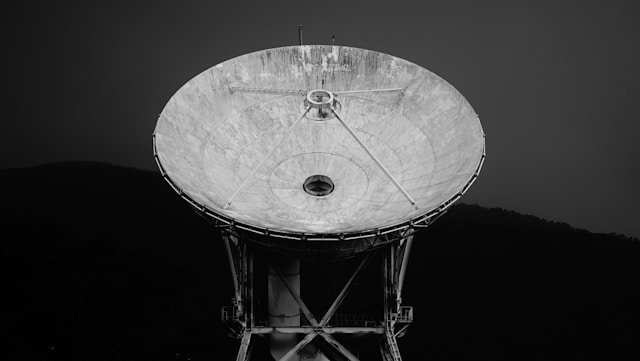Emerging Trends in Space Technology: What Job Seekers Need to Know
- Commercial Space Travel
- Satellite Technology and Applications
- Space Mining and Resource Utilization
- Advanced Propulsion Systems
- Artificial Intelligence and Automation
The space industry is experiencing a period of rapid innovation and expansion, driven by emerging technologies and new business models. For job seekers, staying informed about these trends is crucial to securing a role in this dynamic field. This article explores some of the most significant trends in space technology and what job seekers need to know to stay ahead.
Commercial Space Travel
1. Space Tourism
One of the most exciting trends is the rise of space tourism. Companies like SpaceX, Blue Origin, and Virgin Galactic are pioneering commercial space travel, making space accessible to private individuals. This burgeoning sector creates opportunities for aerospace engineers, spacecraft designers, and safety specialists to develop and manage space tourism operations.
2. Space Hotels and Habitats
As space tourism grows, so does the need for space hotels and habitats. Designing and building sustainable living environments in space requires expertise in architecture, engineering, and environmental science. Job seekers with skills in these areas will find new and unique opportunities in space habitat development.
Satellite Technology and Applications
1. Small Satellites and CubeSats
The development of small satellites and CubeSats has revolutionized space technology by making it more accessible and cost-effective. These miniaturized satellites are used for various applications, including Earth observation, communications, and scientific research. Skills in satellite design, systems engineering, and telecommunications are in high demand.
2. Internet of Things (IoT) in Space
Satellites are integral to the IoT, providing global connectivity for devices and systems. Job seekers with expertise in data analysis, network engineering, and cybersecurity will be essential for developing and managing IoT infrastructures in space.
Space Mining and Resource Utilization
1. Asteroid Mining
Asteroid mining is an emerging field with the potential to unlock vast resources. This involves extracting valuable materials such as water, metals, and minerals from asteroids. Careers in this field require knowledge of geology, mining engineering, robotics, and space law.
2. Lunar and Martian Resources
Efforts to establish permanent human presence on the Moon and Mars are driving interest in utilizing local resources. Job seekers with skills in chemistry, materials science, and environmental engineering can contribute to the development of technologies for resource extraction and processing on other celestial bodies.
Advanced Propulsion Systems
1. Electric and Ion Propulsion
Advances in electric and ion propulsion systems are enabling more efficient space travel. These technologies are critical for long-duration missions and deep space exploration. Aerospace engineers and physicists with expertise in propulsion systems will find numerous opportunities in this cutting-edge area.
2. Nuclear Propulsion
Nuclear propulsion is another promising technology for deep space missions. It offers higher efficiency and faster travel times compared to traditional chemical propulsion. Job seekers with backgrounds in nuclear engineering and physics will be at the forefront of developing these systems.
Artificial Intelligence and Automation
1. Autonomous Spacecraft
AI and automation are transforming spacecraft operations, enabling autonomous navigation, data collection, and system management. Careers in AI, robotics, and software engineering are essential for developing these advanced systems.
2. Space Debris Management
Managing space debris is becoming increasingly important as the number of satellites and space missions grows. AI and automation play a significant role in tracking and mitigating space debris. Job seekers with skills in AI, machine learning, and environmental science will contribute to ensuring the sustainability of space operations.
Conclusion
The space industry is evolving rapidly, driven by trends such as commercial space travel, satellite technology, space mining, advanced propulsion systems, and AI. For job seekers, staying informed about these trends and acquiring relevant skills is crucial for capitalizing on the opportunities in this dynamic field. By understanding and adapting to these emerging technologies, aspiring space professionals can position themselves for success in the ever-expanding space industry.









